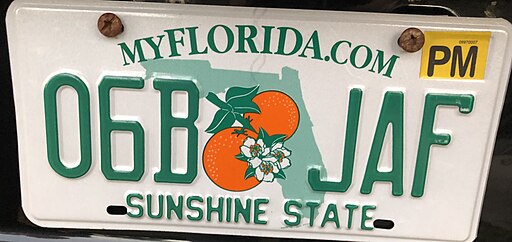Contents
Florida DMV Warrant Check Process
The Florida Department of Motor Vehicles (DMV) does conduct warrant checks when processing license and ID applications. However, the extent of these checks is limited:
- The DMV primarily checks for issues related to a person’s driving privileges, not full criminal background checks.
- DMV clerks can see if there are holds or suspensions on a license, but may not see actual warrant details.
- Warrants specifically related to traffic violations or driving offenses are more likely to show up.
What the DMV Can See
When you visit a Florida DMV office:
- Clerks can access information about your driving privileges and license status.
- They may see holds or suspensions related to traffic violations or failure to appear in court for traffic-related offenses.
- The DMV database contains Florida warrant information reported by law enforcement agencies statewide.
Limitations of DMV Checks
- DMV clerks do not have access to full criminal records or non-traffic related warrants.
- The DMV is not a law enforcement agency and does not actively arrest individuals with warrants.
- Information in the DMV system may not always be current or complete.
Potential Consequences
While arrest at the DMV is unlikely, there can be consequences:
- You may be unable to obtain or renew a license if there are holds on your driving privileges.
- The DMV may notify law enforcement if they become aware of serious outstanding warrants.
- Updating your information at the DMV could potentially alert authorities to your location if you have a serious warrant.
Propositions on how to Handle
If you have concerns about outstanding warrants:
- Consider resolving any known warrants before visiting the DMV.
- Consult with an attorney for advice on your specific situation.
- Be aware that avoiding necessary DMV transactions due to warrant concerns can lead to additional legal issues.
While the Florida DMV does perform some warrant checks, their primary focus is on driving-related issues rather than broader criminal matters. It’s always best to address ahead any outstanding warrants or legal issues to avoid potential complications.

